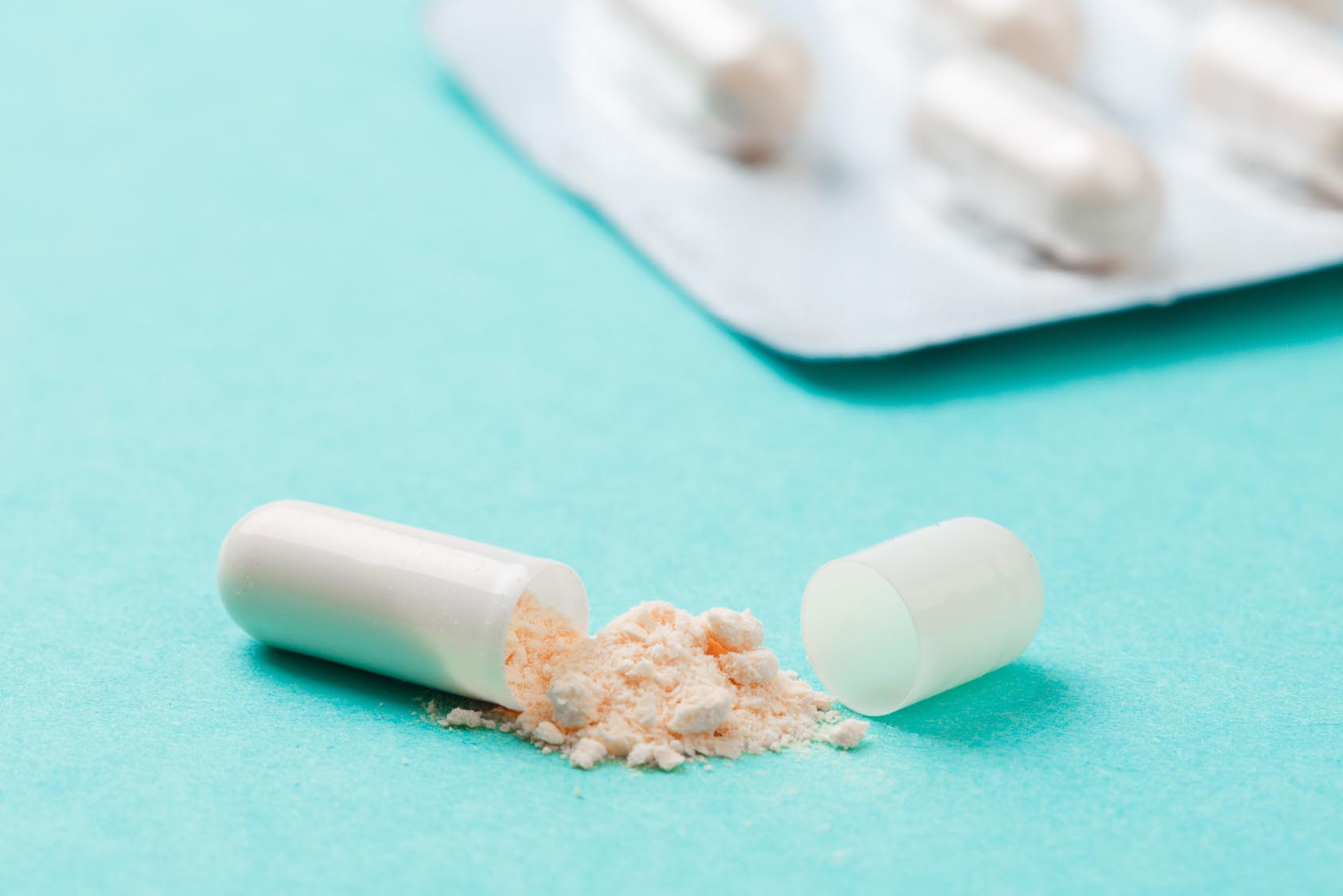• Bacterial imbalance
• “Good” bacteria
What is already known on this topic
The number of people who suffer from food allergy has risen sharply over the last decade. One hypothesis is that certain lifestyle factors, such as an increase in births by Caesarean section and a decline in breastfeeding, disrupt the normal microbial composition in the gut, depriving infants of beneficial bacteria that prepare the immune system to recognize food as harmless.What this research adds
By analyzing 56 food-allergic infants and 98 healthy kids, researchers found that the bacteria in the feces of food-allergic babies were different from those of healthy individuals. Mice given fecal bacteria from food-allergic children developed allergic reactions. But when the animals were given specific bacteria that are known to protect against food allergies, they didn’t develop food allergies, whereas mice given other common bacteria did.Conclusions
The study suggests that the loss of protective gut bacteria is a critical factor in food allergy and that manipulating the microbiota could treat such allergies.
Beneficial gut microbes may prevent and even reverse food allergies, study finds. The research, published in Nature Medicine, suggests that the loss of protective gut bacteria is a critical factor in food allergy and that manipulating the microbiota could treat such allergies.
The number of people who suffer from food allergy has risen sharply over the last decade. In the United States, nearly 8% of children are affected. One hypothesis is that certain lifestyle factors, such as an increase in births by Caesarean section and a decline in breastfeeding, disrupt the normal microbial composition in the gut, depriving infants of beneficial bacteria that prepare the immune system to recognize food as harmless.
To test this hypothesis, a team led by Azza Abdel-Gadir and Emmanuel Stephen-Victor, both at Boston’s Children Hospital, and Georg Gerber at Brigham and Women’s Hospital looked at gut bacteria in babies with and without food allergies.
Bacterial imbalance
The researchers collected stool samples from 56 food-allergic infants and 98 healthy kids, then analyzed their microbial composition. The bacteria in the feces of food-allergic babies were different from those of healthy individuals. In particular, food-allergic kids had less bacteria belonging to the Clostridiales family.
Next, the team transferred fecal bacteria from infants with or without food allergies into mice who were sensitized to eggs. Rodents that received gut microbes from healthy kids were more protected against egg allergy than those that received microbiota from the infants with food allergies.
“Good” bacteria
The researchers developed mixes of different species of bacteria belonging to the Clostridiales and Bacteroidetes families, which are known to protect against food allergies. Mice that were given the beneficial bacteria didn’t develop allergies to eggs, whereas mice given other common bacteria did.
To explore how these bacteria influence food allergy susceptibility, the team looked at immunological changes in both people and mice. Clostridiales and Bacteroidetes stimulated specific regulatory T cells, a type of immune cells that promote tolerant responses instead of allergic responses.
The scientists hope that the findings will eventually lead to new treatments that prevent food allergies in newborns at risk or even reverse the condition in people who already suffer from food allergies.









